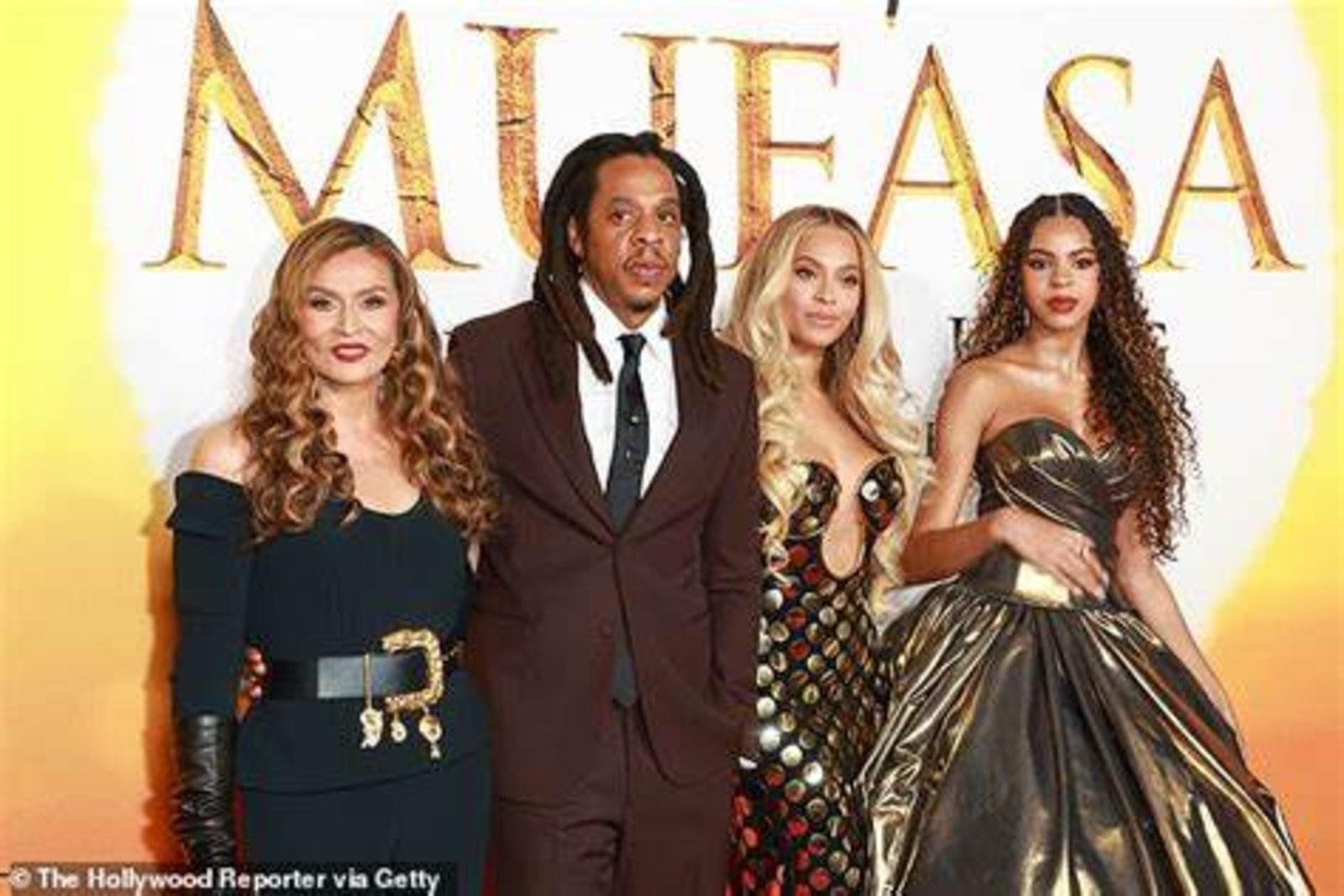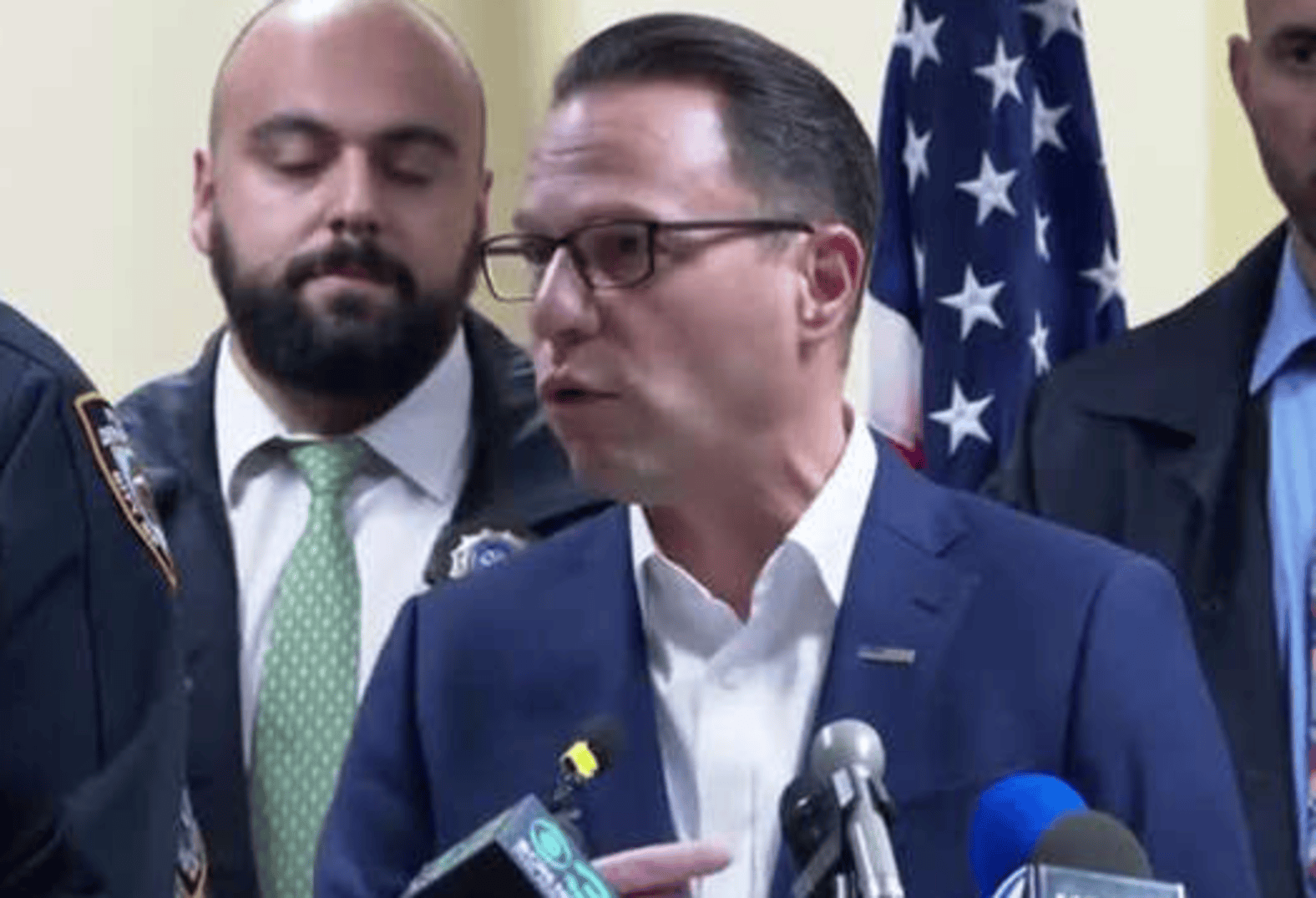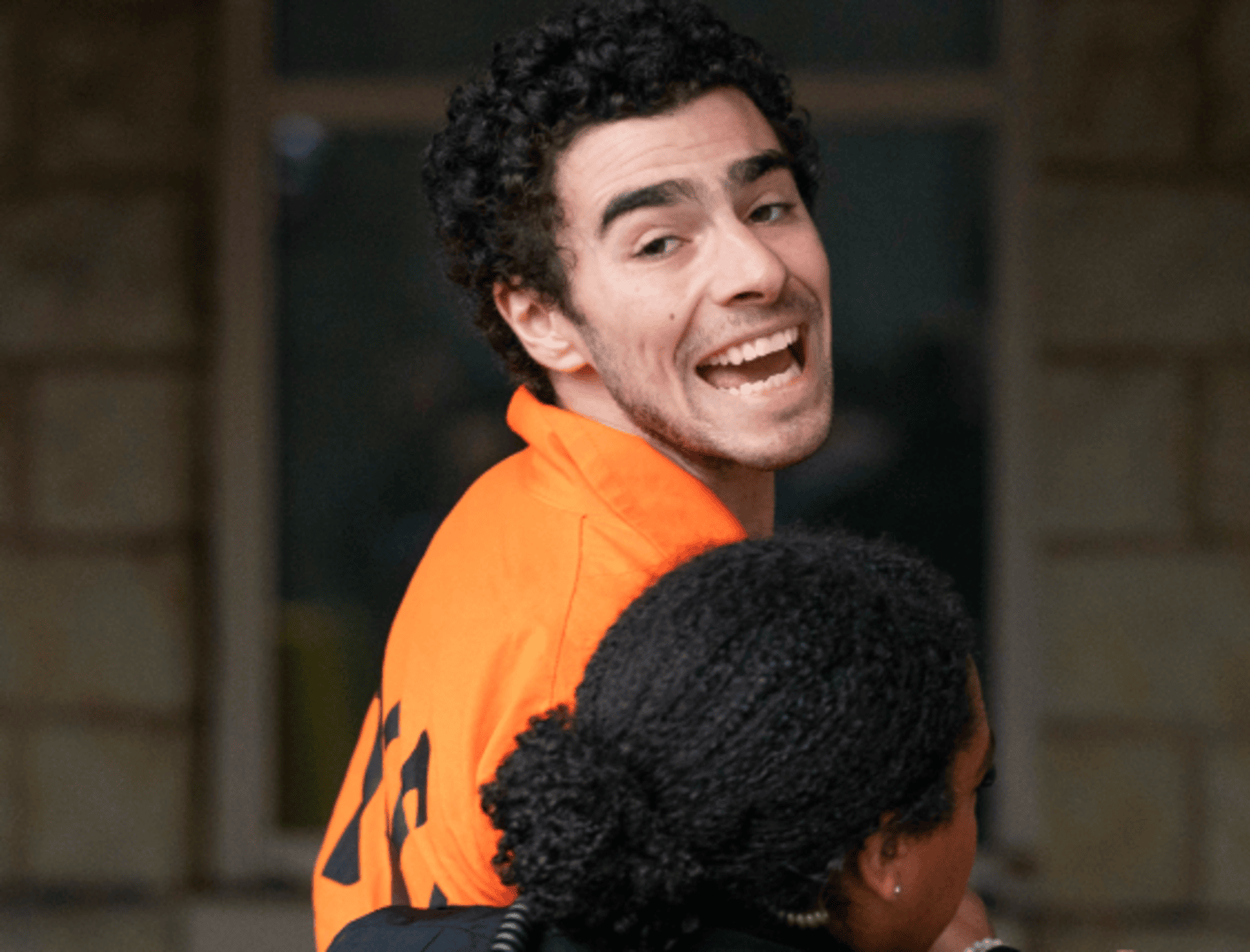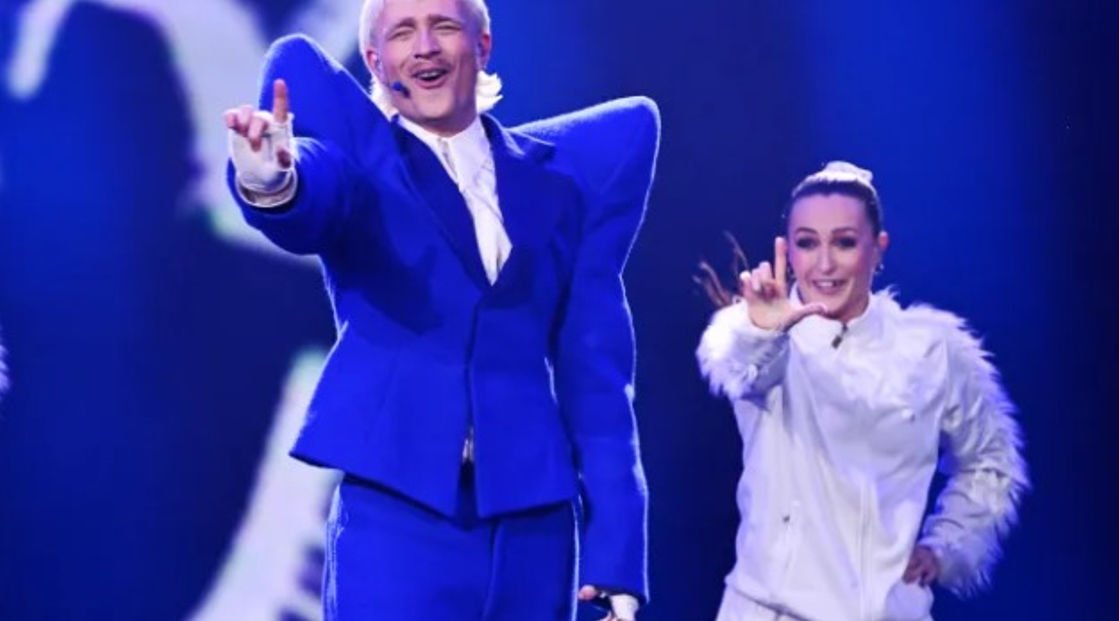
Dutch Hope Disqualified from Eurovision Song Contest: A Dream Derailed
Eurovision Hope Disqualified. Joost Klein, the Netherlands’ representative at the 2024 Eurovision Song Contest, found his dreams dashed after a backstage incident led to his disqualification. A female member of the production crew filed a complaint with Swedish police, alleging intimidation by Klein. Eurovision Hope Disqualified
The Event Thrown into Disarray
The news of Klein’s suspension broke on Friday, just as the first dress rehearsal for the grand finale was underway. Organizers scrambled to remove Klein’s props from the stage, and his performance slot was skipped without explanation. Israel’s Eden Golan, originally scheduled after Klein, took his place.
A Statement of Investigation
The European Broadcasting Union (EBU), responsible for organizing Eurovision, issued a statement acknowledging an “incident involving the Dutch artist” that was reported to them. They emphasized their “zero-tolerance policy towards inappropriate behavior” and commitment to a safe work environment for all staff.
Police Involvement and Legal Proceedings
Swedish authorities confirmed receiving a report of “unlawful threats” made at the Malmö Arena after the Thursday semi-final. A spokesperson revealed that the suspect (Klein), the complainant, and witnesses were questioned as part of the investigation, which was now complete. The case would be forwarded to the prosecutor within a few weeks.
A Breach of Contest Rules
Following the investigation, the EBU confirmed that Klein would not participate in the grand finale. They cited his behavior towards a team member as a violation of contest rules. Swedish and Dutch media outlets reported that the incident involved a member of the television production crew. Organizers were keen to dispel speculation, clarifying that “contrary to media reports,” the incident did not involve any other contestant or delegation member.
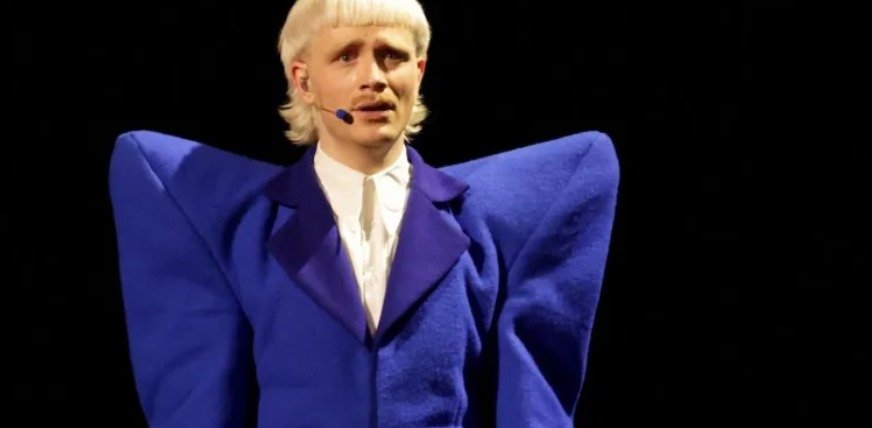
Earlier Tensions and Media Frenzy
Prior to the disqualification, tensions were simmering between Klein and Israel’s contestant, Eden Golan, amidst the ongoing Israel-Gaza conflict. At a press conference, Golan was questioned about the potential risks her presence posed to other participants.
Klein himself, when asked about his song’s potential to unite people through music, offered a cryptic reply, deflecting the question back to the EBU.
A Contest Goes On, Minus One
The grand finale proceeded with 25 acts instead of the planned 26. Replacing Klein at such a late stage proved impractical due to production constraints. Additionally, promoting the eliminated semi-finalist (who placed 11th) would have violated rules regarding the secrecy of public votes.
A Disappointing End for a Hopeful Contestant
Joost Klein’s disqualification cast a shadow over the Eurovision Song Contest. His song, “Europapa,” a pro-European techno anthem dedicated to his late father, had positioned him as a potential favorite. The incident served as a stark reminder of the importance of maintaining a safe and respectful environment for all involved in this grand musical celebration.


